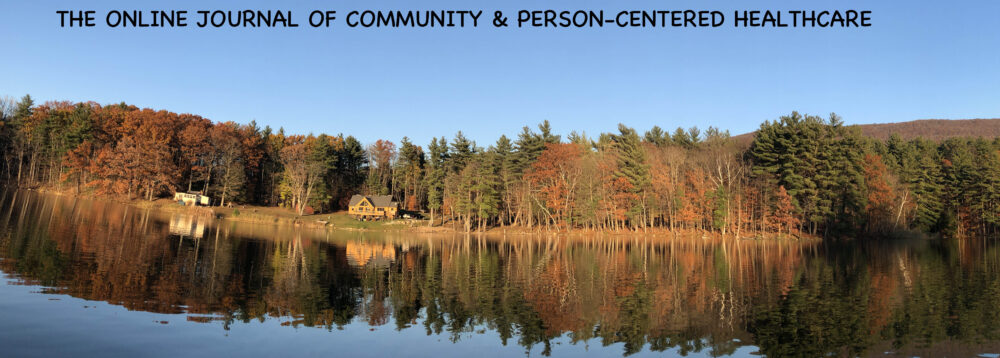Dermatology in Space
by Sara Malik
Keywords: lunula, solar keratosis, satellite lesions, eponyms, linguistics, dermatology
Space exploration has allowed us to traverse the universe and to gain insight into gravity, fluid dynamics, the solar system, and the evolution of planets. However, let us not forget the role that space has played in shaping our language, particularly that in dermatology. Dermatology contains several space eponyms, such as lunula, satellite lesions, and solar keratosis. These space eponyms provide information about an anatomical description, relative location and size, and the etiology of skin conditions. A brief definition and history on these space eponyms in dermatology is provided below.
Lunula

The term lunula comes from the Latin word luna, which means moon. The lunula is the white, crescent-shaped portion at the base of a fingernail, most visible on the base of the thumb. The lunula functions to define the shape of a nail. The appearance of the lunula can indicate medical conditions. Macrolunulas are enlarged lunulas that can indicate nail disorders or endocrine issues. Microlunulas are lunulas of a smaller size and are observed as a result of aging.1
Satellite Lesions

Satellite lesions is a term used to describe smaller lesions accompanying a larger lesion. The English word satellite came from the French word satellite and the Latin world satellitem. The Latin word satellitem originated from Etruscan zatlath which means “he, who wields the axe” which referred to the lictor—the bodyguard of the magistrates. The word satellite was later adopted by astronomers to refer to planets that are “waiting upon or rolled about other planets.”5 For instance, the moon could be called the satellite of the earth, and the planets could be the satellites of the sun. The word satellite was later adopted to describe lesions in dermatology that surround a larger lesion. More specifically, satellite lesions are lesions that are within 2 cm of the primary tumor. Lesions that are more than 2 cm away from the primary tumor are referred to as transit metastases.2
Solar Keratosis

The term solar comes from the Latin word solaris, meaning “of the sun.”4 For instance, solar wind, solar power, solar panel, and the solar system are all related to, or operated by the sun. Solar keratosis are rough, scaly patches that develop as a result of damage by the sun. Keratosis is a growth of keratin on the skin, so by adding solar to the description, it is implied that the growth is a result of chronic sun exposure. Moreover, the epidermal keratinocytic dysplasia in solar keratosis has the potential to progress to invasive squamous cell carcinoma.3
Space exploration has not only played a significant role in astronomy, astrobiology, and astrology, but also shaped our interactions on earth via linguistics. Discoveries in space have allowed us to find the language to name things in a plethora of arenas, such as that in dermatology. While astronomers further their exploration of space and the moon, we can appreciate the language that came with these explorations and look forward to greater opportunities to enhance the language of dermatology via space eponyms.
References
1. Cohen PR. The lunula. J Am Acad Dermatol. 1996;34(6):943-956. doi:10.1016/s0190-9622(96)90269-8.
2. Kenneth TK, Tyler D. Cutaneous melanoma: In-transit metastases. UpToDate. 2020.
3. Siegel JA, Korgavkar K, Weinstock MA. Current perspective on actinic keratosis: a review. Br J Dermatol. 2017;177(2):350-358. doi:10.1111/bjd.14852.
4. Solar. Online Etymology Dictionary. https://www.etymonline.com/word/solar.
5. Sparavigna, AC. The Word Satellite, Its Origin from Etruscan and Its Translation into Greek. Philica. 2016.
Author Bio: Sara Malik is a second-year medical student at Northwestern University Feinberg School of Medicine in Chicago, IL. She is a first-generation medical student and is passionate about mentorship in medicine, public health, and cross-cultural medicine. Email: sara.malik@northwestern.edu
